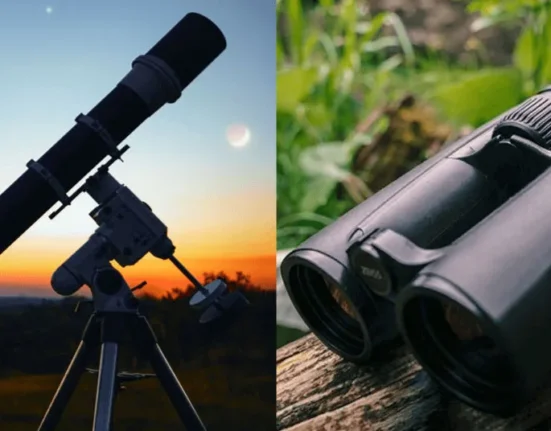Imagine a world where trust in science reigns supreme, where researchers are seen as beacons of knowledge and integrity. Well, according to a recent study led by Viktoria Cologna of ETH Zurich and Niels G. Mede of the University of Zurich (UZH), that world might not be too far off.
The study, spearheaded by a massive team of 241 researchers from across the globe, delved into the fascinating realm of public perception towards scientists. Their findings? Trust in scientists is actually quite high worldwide. Viktoria Cologna herself expressed her delight at this revelation, stating, “Our results show that most people in most countries have a relatively high level of trust in scientists.”
But what does this mean for society at large? It means that people want scientists to step up and take an active role not just in laboratories but also in shaping policies and driving social change. In essence, there’s a resounding call for scientists to be more than just lab-coated individuals hidden away in research facilities; they need to be visible players on the societal stage.
“Our results show that most people in most countries have a relatively high level of trust in scientists.”
The TISP Many Labs study was monumental – reaching out to 71,922 individuals spread across 68 countries, including regions often overlooked by traditional research efforts. This inclusive approach provided invaluable insights into how different parts of the world view the scientific community.
One key takeaway from the study was the debunking of the myth surrounding a supposed crisis of trust in science. Contrary to popular belief, there seems to be no widespread distrust towards scientists globally. The average trust level clocked in at an impressive 3.62 out of 5 – showcasing a strong foundation of faith in these purveyors of knowledge.
“No crisis of trust in science”
However, not all is sunshine and rainbows. While many see scientists as knowledgeable and well-intentioned beings looking out for society’s welfare, there are reservations about whether they truly listen to differing opinions. Less than half believe that scientists pay attention to others’ views – indicating room for improvement when it comes to fostering open dialogues with diverse voices.
Intriguingly, political affiliations seemed to play a significant role in shaping attitudes towards science. Individuals leaning towards right-wing ideologies displayed lower levels of trust compared to their left-leaning counterparts – emphasizing how political divides can influence perceptions about scientific endeavors.
“We recommend that scientists take these results seriously and find ways to be more receptive to feedback.”
Despite these nuances, one resounding message emerged loud and clear from participants worldwide: They want science actively engaged with society’s issues and policy-making processes. An overwhelming 83% agreed that scientists should communicate openly with the public – signaling a desire for increased transparency and dialogue between researchers and communities.
Interestingly, while support for science playing an active role was high across the board, opinions diverged when it came to advocating specific policies. Only 23% felt that scientists should refrain from such advocacy; instead, over half believed they should have a stronger voice in shaping policies affecting various spheres like public health and energy solutions while reducing poverty.
“Participants gave high priority to research areas such as improving public health.”
Notably, there were disparities between what participants deemed as important research priorities versus where they perceived current scientific focus lying – particularly evident regarding defense and military technology development. This mismatch highlights potential disconnects between public expectations and actual scientific pursuits.
In conclusion…
The global landscape paints an encouraging picture regarding public confidence in science; however…









Leave feedback about this